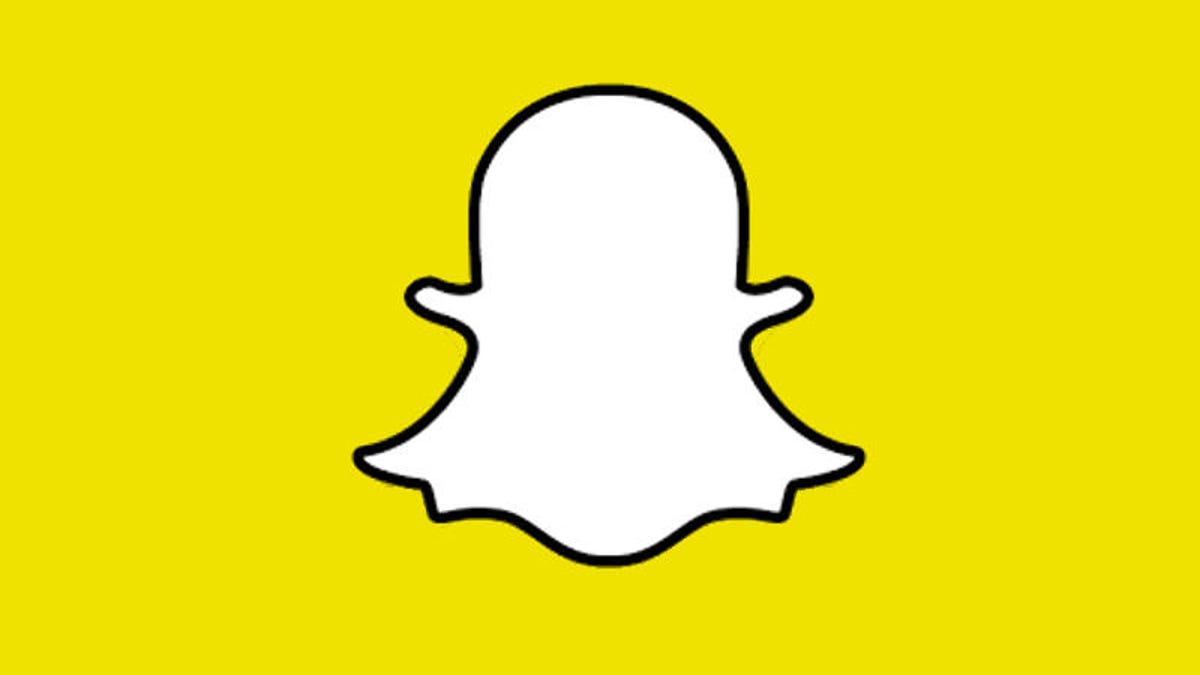Understanding Snapchat: Why nothing is everything
<b>commentary</b> CNET's Jennifer Van Grove explains how she went from intellectual observer to active participant, and how Snapchat is like "Seinfeld."

A funny thing happened to me a few months ago: I became a Snapchat convert.
It happened innocently enough. A few of my younger girlfriends and I were capping off one of our brutal CrossFit workouts with a little wine and silly banter when someone brought up Snapchat. Now, I may cover the latest trends in social media, but that doesn't mean all of my friends are so technically savvy. But here we were, adding each other and sending the most inane photos and video messages -- also known as "snaps" -- to some of our workout buddies who had missed out.
It was at this moment that I went from an intellectual observer of Snapchat's appeal to an active participant in ephemeral messaging. In a mere five minutes, it became the most important app on my phone. I finally got it.
Over the past two years, an increasing number of people have gotten Snapchat, which has gone from nothing to the social media hot list in record time. While we don't know how many people actually use the app, the company has said 400 million snaps are exchanged a day -- putting it practically on par with Facebook in the media-sharing arena.
That's not to say the Venice, Calif., company is without its share of critics. There are plenty. People are, rightfully, concerned about their security, especially following a vulnerability in the company's private API that exposed the user names and phone numbers of 4.6 million people. And then there's the question of purpose. If you're like most adults over 30, you've had trouble grasping the appeal of Snapchat. What does one say or do in a disappearing photo or video message, anyway?
Take it from this addicted user: It's all about nothing. Snapchat is an application about nothing in the same way that "Seinfeld" is a show about nothing.
Snapchat's Evan Spiegel: Saying no to $3B, and feeling lucky
Life happens in the midst of the mundane and it's more about who we share our regular and not-so-regular experiences with than what we accomplish in these moments. These are private moments that make us laugh, cry, or pause to reflect, not because they're particularly meaningful, but because they're real.
The girls, Eliana, Amanda, Belinda, Donald (who we consider one of the girls), and I talk about nothing at all when we snap back and forth. We say good morning to each other in video messages. We say goodnight without make-up on. We take ridiculous photos of ourselves -- or strangers wearing things they probably shouldn't. We goof on each other. We send secret snaps from our date's apartment. We take vapid videos of our pets, food, outfits, shoes, Olympic lifts, or cars. We dance. We lament. Basically, we live in the moment.
That's a far cry from the kind of posts that show up on Facebook, Twitter, or Instagram, where everything is on the record and for keeps. There, people use their updates for personal-branding purposes or to satisfy the appetite of their egos. At the most basic level, they live for the attention, the retweet, and the like. They have trouble seeing the value in anything that does not enhance the perception of who they are. When it comes to social media, creating transitory, private content is pointless in that regard.
This morning, for instance, I snapped from the inside of the elevator while singing Ke$ha's lines in "Timber" for no particular reason at all other than I felt like it. I think I made a few of my friends laugh. At the very least, I made myself laugh. That moment doesn't have a place on Twitter or Facebook because it's meaningless to most people; it's certainly not the version of myself I want the world to see. But Snapchat gives me and you a digital medium where we can be ourselves without the need to filter around public scrutiny; where context, not content is everything. There's something truly special in that.
Snapchat has hit a nerve with a generation of young people who, like it or not, live in public -- in part because of their parents' social-networking behaviors. Snapchat, in many ways, lets us escape back to a simpler time, a time before Facebook, when we didn't fear the photo tag or immediately ask for veto rights on a smartphone camera pic.
In signifying nothing, Snapchat lets people depict the sound and fury of life in the most accurate of lights. It's usually not pretty. But, then again, neither is life.

